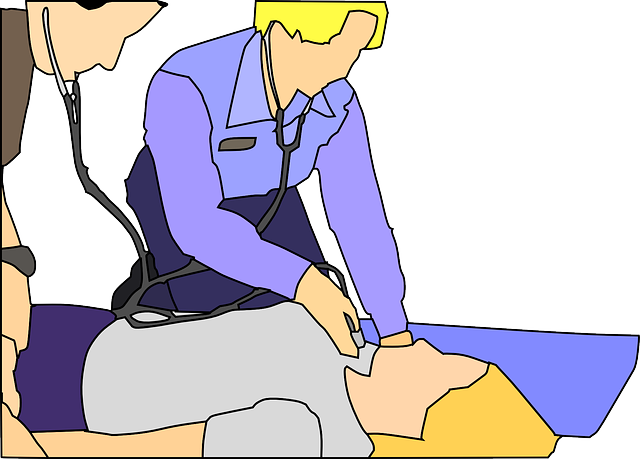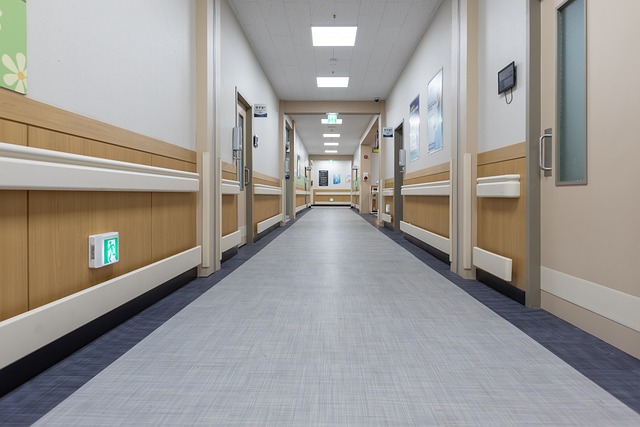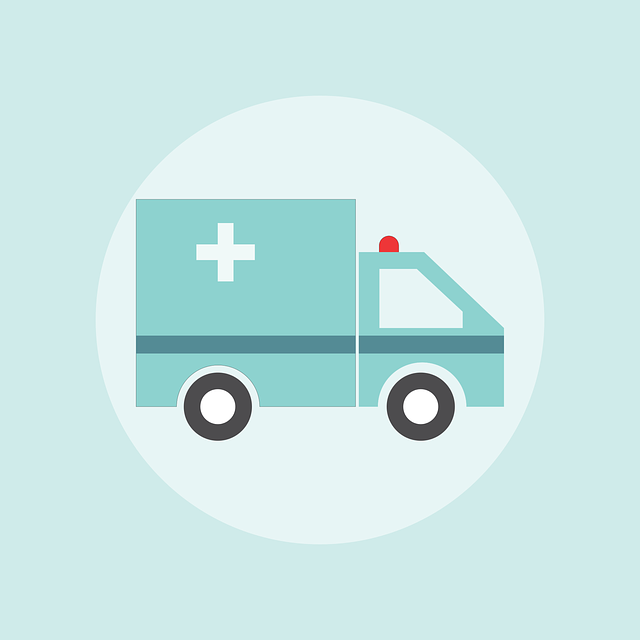Students in South Africa face a critical decision regarding healthcare coverage: choosing between hospital plans (short-term insurance for specific treatments) and medical aid schemes (comprehensive, long-term benefits). The optimal choice depends on personal health needs, budget, and future plans. Medical aid is ideal for ongoing care, while hospital plans are suitable for temporary or occasional needs with lower premiums. Informed decision-making based on specific healthcare requirements determines the better option (Which Is Better Hospital Plan Or Medical Aid).
In South Africa, students face a crucial decision regarding their healthcare: choosing between hospital plans and medical aid schemes. Both offer vital coverage for unexpected medical expenses, but they differ significantly in structure and benefits. This article explores these options, helping students understand the pros and cons of each. We’ll break down the definitions, eligibility criteria, cost structures, coverage limitations, tax advantages, and provider networks to guide students in deciding which is better suited to their needs: a hospital plan or medical aid.
Understanding Hospital Plans and Medical Aid Schemes

In South Africa, students often face a crucial decision when it comes to their healthcare – choosing between hospital plans and medical aid schemes. Both options offer financial protection against medical expenses, but they function differently. Hospital plans are generally short-term insurance policies designed to cover specific treatments or procedures within a limited network of hospitals. On the other hand, medical aid schemes are long-term benefits provided by employers or available as standalone products, offering comprehensive coverage for a wide range of medical services.
When deciding between a hospital plan and medical aid, students should consider their individual health needs, budget constraints, and future plans. Medical aid often provides broader coverage, including routine check-ups, preventive care, and specialist visits, making it a more suitable option for those with ongoing healthcare requirements. Hospital plans, however, can be beneficial for temporary or occasional medical needs, as they offer flexibility and lower premiums. Which is better ultimately depends on personal circumstances, ensuring students make an informed choice to align with their specific healthcare requirements.
– Definition and purpose of each

In South Africa, both hospital plans and medical aid schemes offer vital support for students’ healthcare needs. However, each has distinct characteristics and serves different purposes. Hospital plans are short-term insurance products designed to cover unexpected medical expenses during a specific period, often with a focus on in-patient treatment. They provide access to a network of hospitals and specialists but may exclude routine care or have limited benefits for pre-existing conditions. On the other hand, medical aid schemes are long-term benefits provided by employers or available through private membership, offering a comprehensive range of healthcare services, including outpatient care, specialist consultations, and hospitalisation. These schemes often include prescription medication coverage and preventive care benefits.
When considering which is better between a hospital plan and medical aid, it depends on individual needs and circumstances. Students with occasional health issues or those seeking temporary cover during specific periods might find hospital plans more suitable due to their flexibility and affordability. Conversely, medical aid schemes are ideal for students requiring regular medical attention, routine check-ups, and long-term coverage, ensuring continuous access to a wide range of healthcare services.
In South Africa, students facing medical expenses often turn to hospital plans or medical aid schemes. While both offer vital coverage, they cater to different needs. Understanding their pros and cons is crucial for making an informed decision. If you’re a student weighing which is better between a hospital plan or medical aid, consider your specific health requirements, financial situation, and long-term goals. Ultimately, the best choice ensures comprehensive healthcare accessibility without straining your budget.







